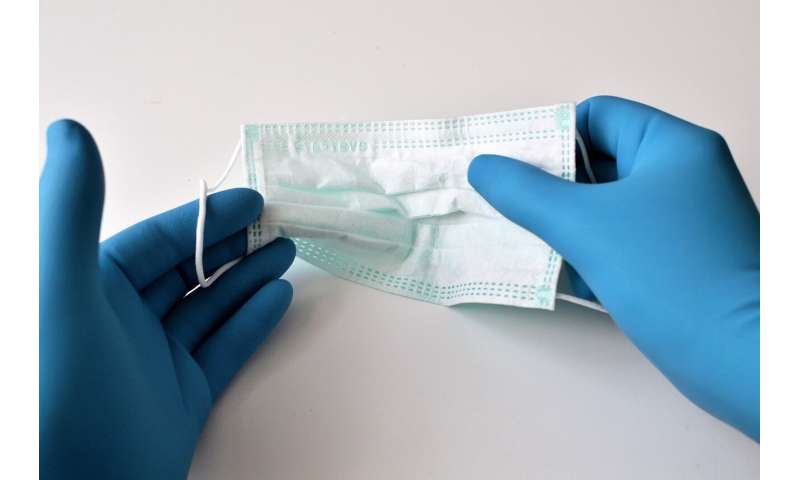
A sudden coronavirus cluster emerged in the Australian city of Adelaide on Monday after seven months without a significant outbreak there, with the virus again escaping from the country’s hotel quarantine system.
South Australia state reported four cases had been detected in the city on Sunday, before the cluster grew sharply overnight to 17 people Monday—the largest there since April.
All but two of the 17 were members of the same large family, including one who was working in a hotel used to quarantine travellers returning from overseas.
Fearful of case numbers spiralling, authorities snapped back a swathe of coronavirus restrictions and suspended international flights into Adelaide.
“No effort will be spared to slow and stop the spread of the powerful cluster,” South Australia state Premier Steven Marshall told a press conference.
Officials ordered hundreds of people to isolate, while closing linked schools and businesses.
“The next 24 hours will be critical but we are not going to wait for the situation to deteriorate,” Marshall added.
South Australia residents are being urged to wear masks, work from home and avoid non-essential travel.
The Adelaide cases also prompted other states to immediately impose new restrictions on anyone travelling from South Australia.
The country’s internal borders had been gradually reopening and were due to be almost fully reopened by Christmas.
South Australia last detected a COVID-19 cluster outside border quarantine in August, when health authorities swiftly prevented the small handful of cases from spreading using similar measures.
But there are fears the latest outbreak has the potential to infect high-risk populations, with a prison guard and aged-care workers reportedly among those testing positive.
It comes just as Australians were breathing a collective sigh of relief after squashing a second-wave outbreak in Melbourne that originated from security bungles at hotel quarantine.
Melbourne, which recorded thousands of cases and hundreds of deaths in recent months, has now gone more than two weeks without a single new case.
Source: Read Full Article
